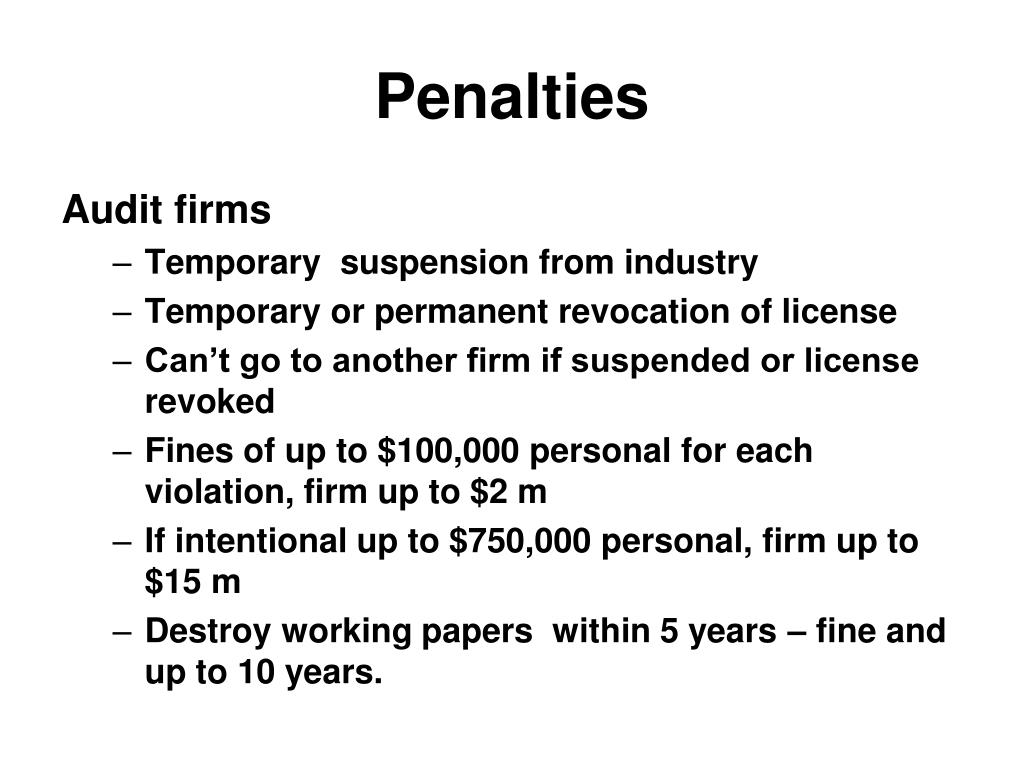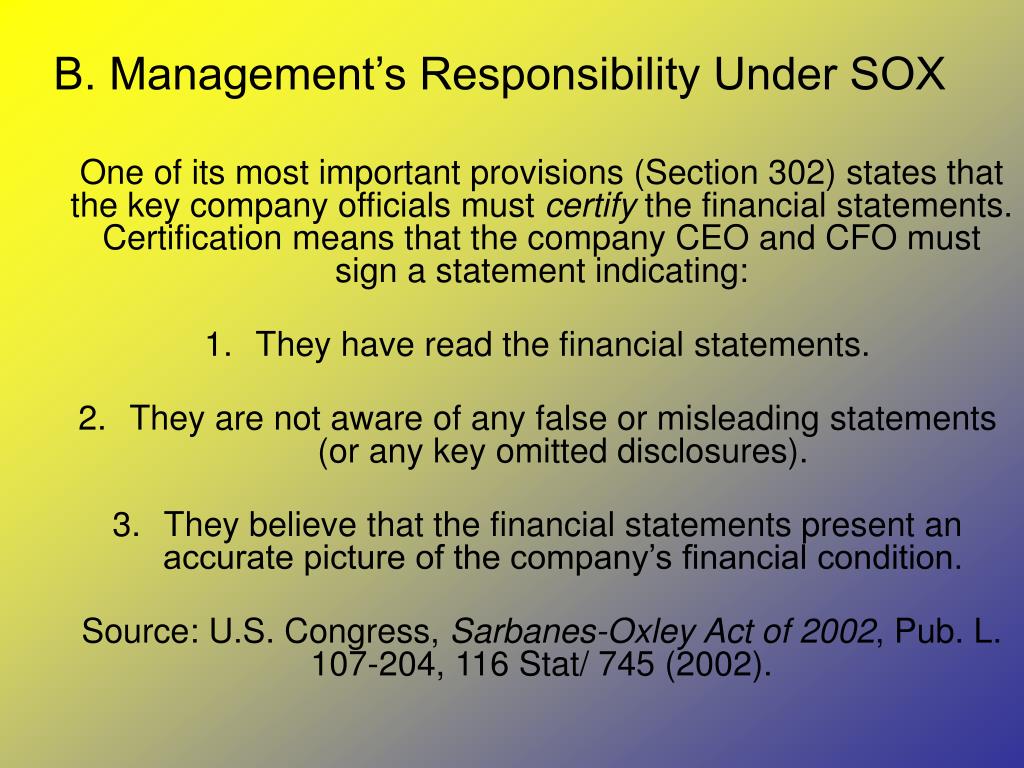

The majority specifically concluded that the term “tangible object” is “better read to cover only objects one can use to record or preserve information, not all objects in the physical world.” In her opinion, Justice Ginsberg noted that the legislative intent behind the Sarbanes-Oxley Act “tugs strongly in favor of a narrow reading.” She added, “In law as in life … the same words, placed in different contexts, sometimes mean different things.” The justices concluded that the anti-shredding provision could not be applied to Yates’ conduct, rejecting the government’s argument that the statute generally prohibited the spoliation of evidence and broadly included all physical items that might be relevant to any matter under federal investigation. and Justices Stephen Breyer and Sonia Sotomayor. Justice Ruth Bader Ginsburg authored the majority opinion and was joined by Chief Justice John Roberts Jr. The Eleventh Circuit Court of Appeals rejected the prosecutorial overreach argument and upheld the conviction. In his defense, Yates maintained that Sarbanes-Oxley is “a records-keeping statute aimed solely at destruction of records and documents” and, therefore, should not apply to the destruction of grouper. The statute’s “anti-shredding” provision makes it a crime for anyone who “knowingly alters, destroys, mutilates, conceals, covers up, falsifies, or makes a false entry in any record, document, or tangible object” with the intent to impede or obstruct an investigation.

As a result of the incident, Yates was charged with violating the Sarbanes-Oxley Act. Prior to returning to port, Yates allegedly instructed his crew to throw undersized fish overboard because when they were re-measured four days later, only 69 fish were less than 20 inches. Upon measuring Yates’s red grouper harvest to determine whether the fish met the minimum legal length 20 inches, the FWC officer found that 72 were too short and issued a citation.

On August 23, 2007, John Yates was commercial fishing off of Florida’s Gulf Coast the Florida Fish and Wildlife Conservation Commission (FWC) boarded his boat to perform an inspection.


 0 kommentar(er)
0 kommentar(er)
